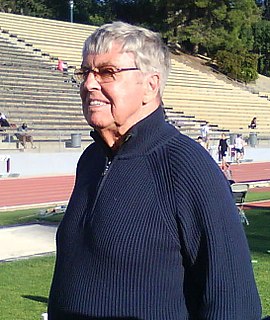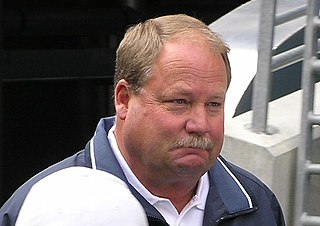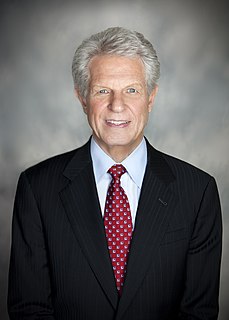A Quote by Paul Allen
Microprocessors were instantly attractive to us because you could build something for a fraction of the cost of conventional electronics. That's essentially what we did with the Traf-O-Data computer - only it was too narrow and challenging an area to try to build a service business in.
Related Quotes
The personal computer was a disruptive innovation relative to the mainframe because it enabled even a poor fool like me to have a computer and use it, and it was enabled by the development of the micro processor. The micro processor made it so simple to design and build a computer that IB could throw in together in a garage. And so, you have that simplifying technology as a part of every disruptive innovation. It then becomes an innovation when the technology is embedded in a different business model that can take the simplified solution to the market in a cost-effective way.
There are many who subscribe to the convention that service is a business cost, but our data demonstrates that superior service is an investment that can help drive business growth. Investing in quality talent, and ensuring they have the skills, training and tools that enable them to empathize and actively listen to customers are central to providing consistently excellent service experiences.
































